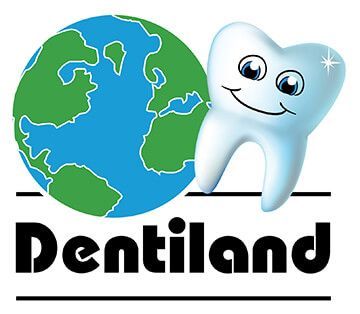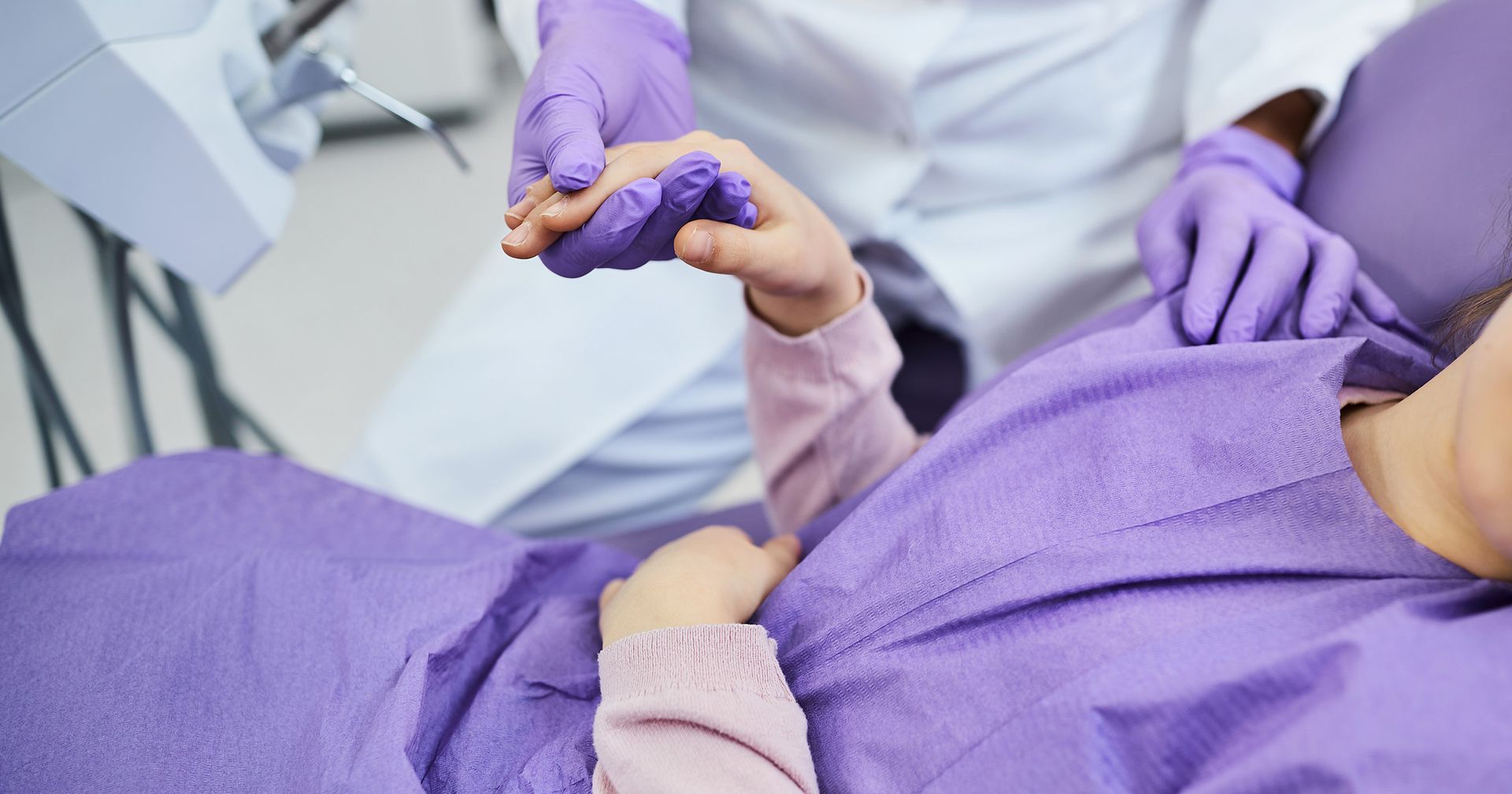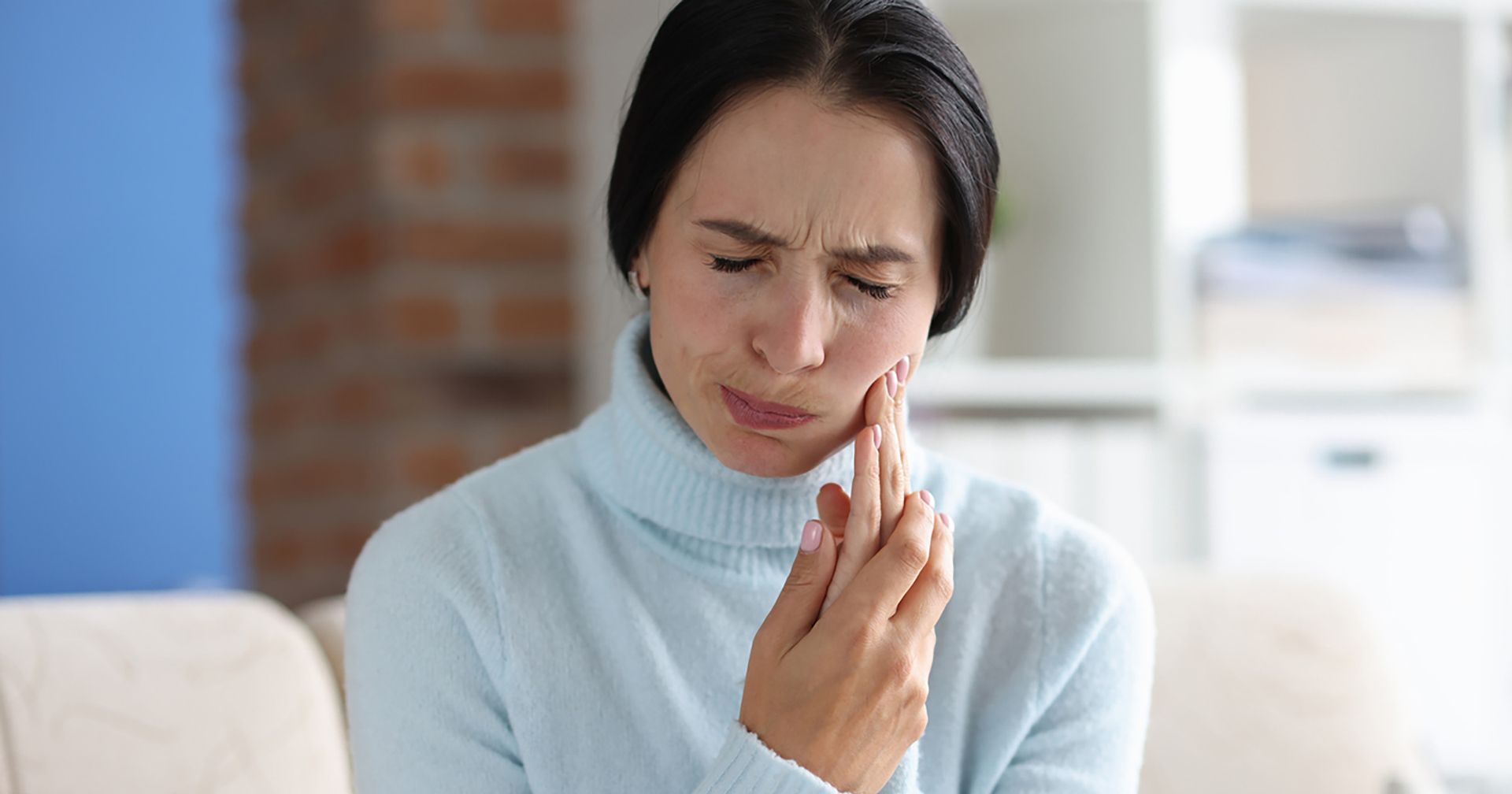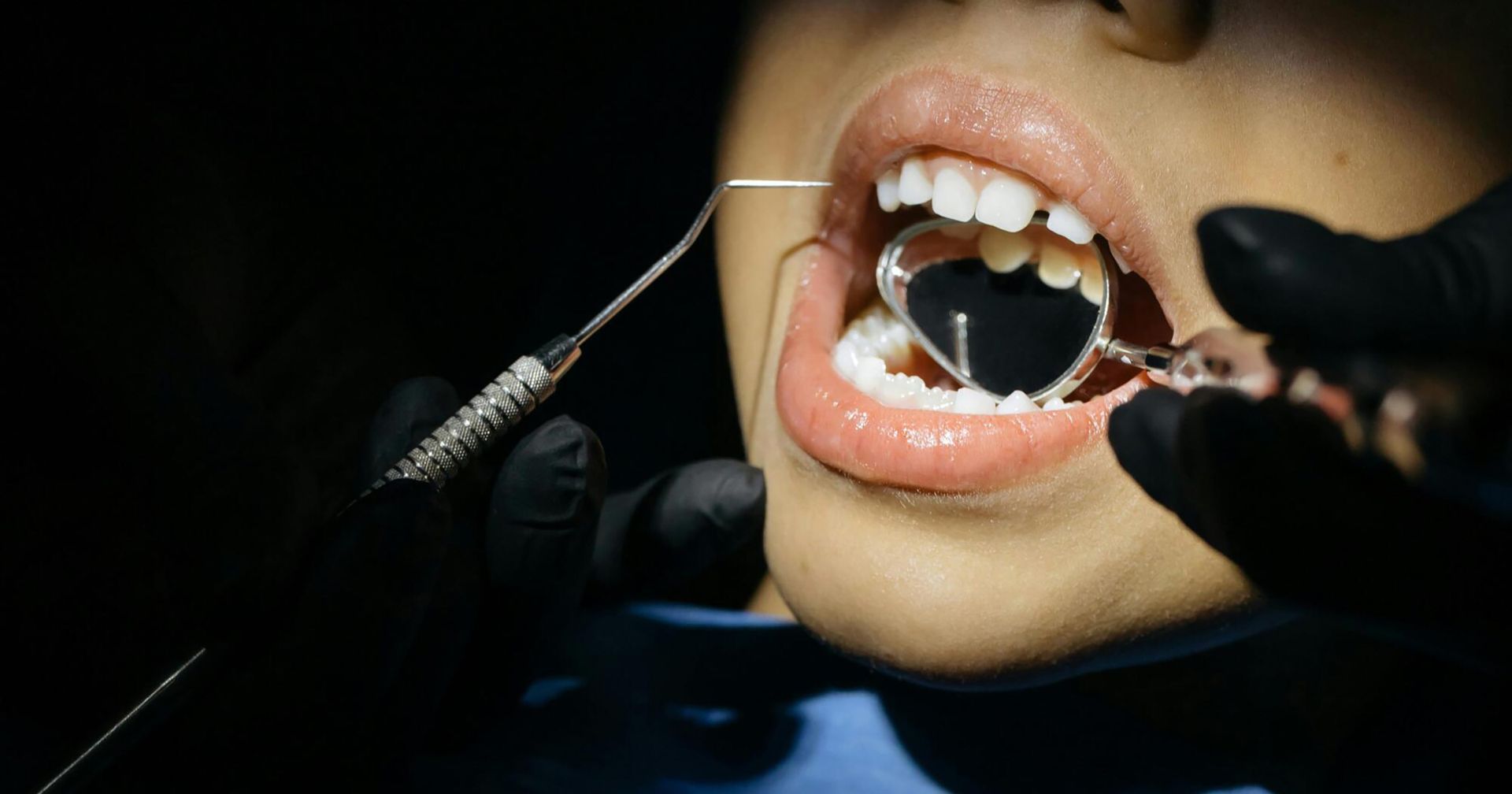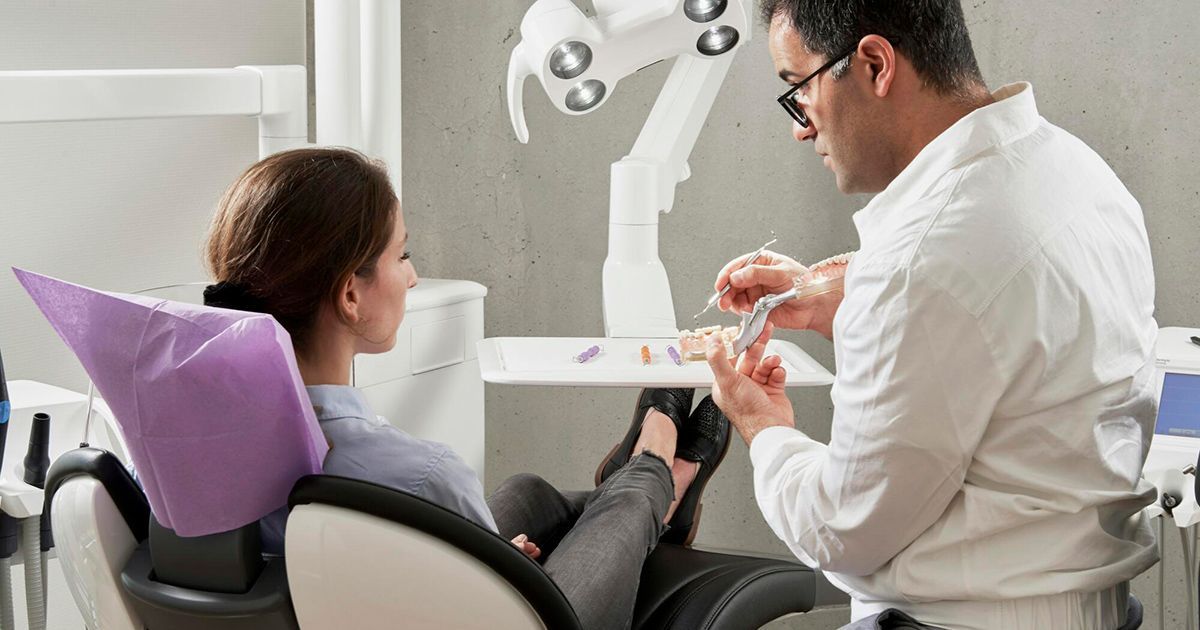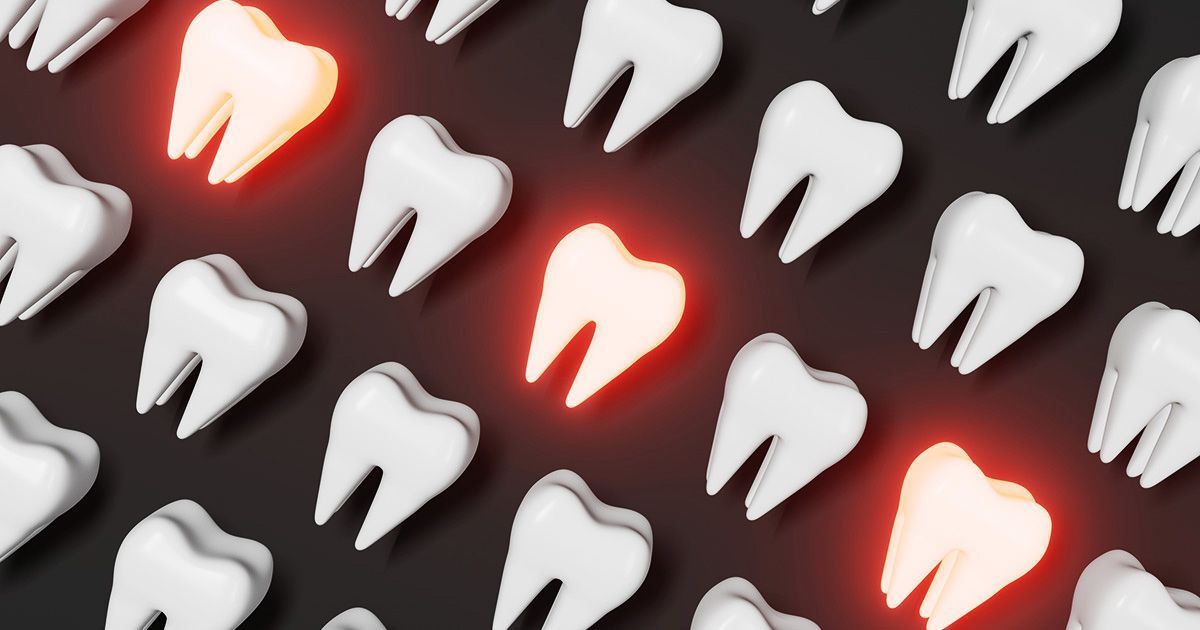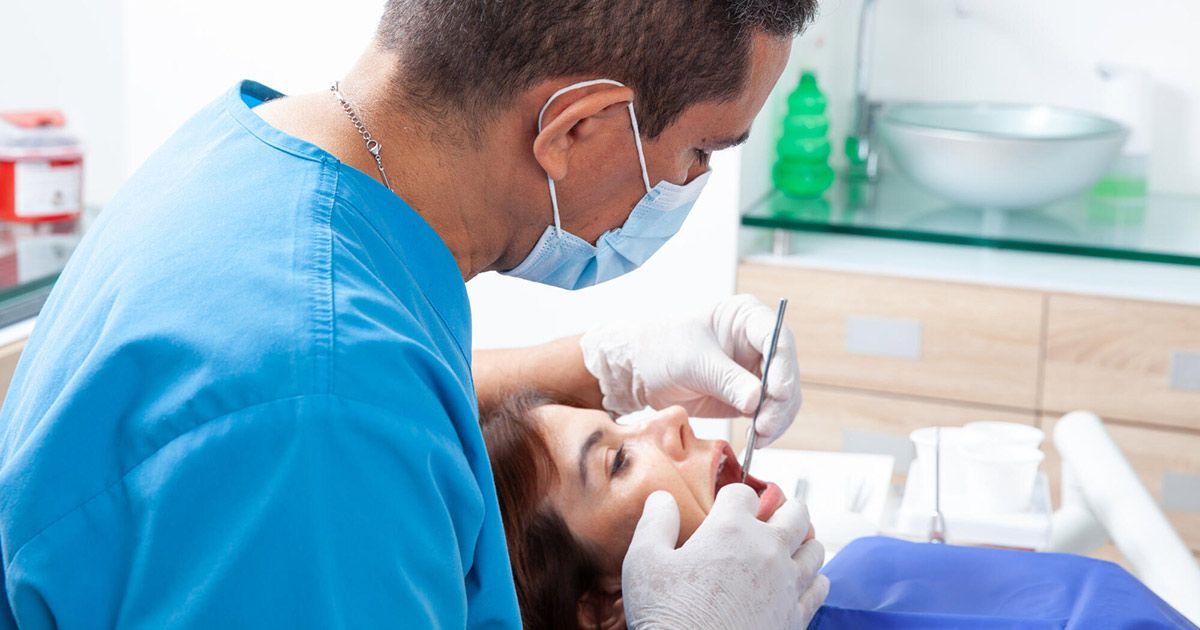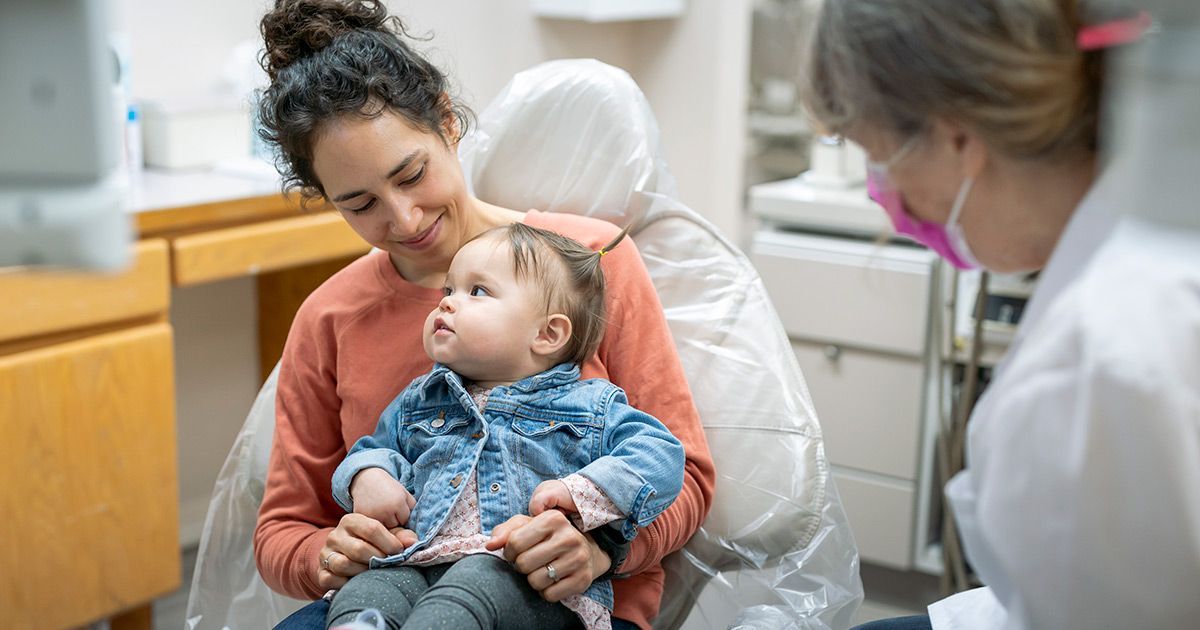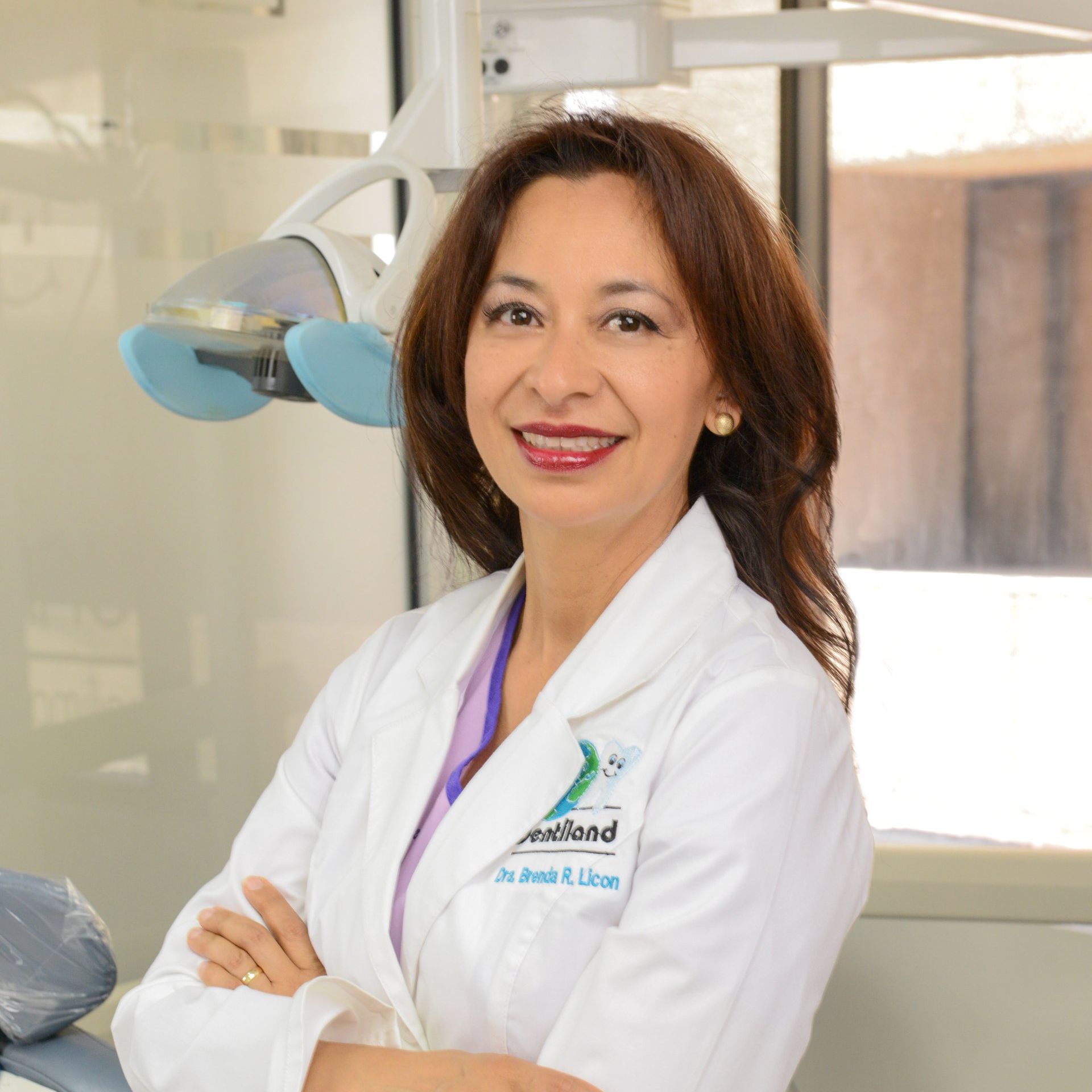Is Sedation Dentistry Safe for Kids?
It's always nerve-wracking when our children have to go through a medical procedure. You may be wondering, is sedation safe for kids? Here's what to know.
Around 42 percent of children have anxiety when visiting the pediatric dentist. This is especially true if they require an operation like oral surgery or a cavity filling.
Sedation dentistry uses techniques to put patients to sleep during dental work. These techniques include general anesthesia, oral sedation, IV sedation, and nitrous oxide.
Do you need to consider sedation dentistry for your child? You are not the only parent who worries about sedation dentistry for children.
However, this Pediatric Dentist in Tijuana Mexico Sedation Dentistry is quite safe, so keep reading to learn more!
Is Sedation Safe for Children?
The use of sedation dentistry is not age-specific. Anyone, whether a youngster or an adult, may benefit from it!
Children who experience anxiety during dental operations can benefit from sleep dentistry. When youngsters are having their teeth cleaned, mild sedatives might help them unwind.
One common misconception is that it's risky to use nitrous oxide to sedate your child. This is untrue because our pediatric dentist in Tijuana, Mexico will make sure they are a good candidate for the operation.
Additionally, there are several forms of anesthesia, and your child's dentist will make sure they utilize the appropriate one. Other invasive dental procedures are also made safe for your child through sedation dentistry.
Types of Sedation for Children
Children may get sedated using a few different methods of sedation, including:
- nitrous oxide ("laughing gas")
- oral sedation
- IV sedation
- general anesthesia
Nitrous oxide is commonly used to keep children relaxed during a procedure. The phrase "laughing gas" came into use because it can even cause some people to laugh or giggle.
Just a few seconds or minutes after the patient stops breathing it in, nitrous oxide starts to wear off. When they leave the dentist's office, they will be prepared to continue their regular activities. Nitrous oxide is very safe!
To feel more at ease before the treatment, the patient may also take a tablet or a liquid sedative. The drug administered will depend on the patient's medical history and can be any of a number of distinct sorts.
The patient may feel sleepy after taking an oral sedative, but they will remain awake throughout the surgery. After the procedure, the oral sedation will take some time to wear off, so the patient may need to rest at home for the rest of the day.
Intravenous sedation may get utilized when a deeper level of sedation is needed. The patient will get sedated through IV, but not completely out of it.
During the procedure, patients will experience a sense of slumber, but they will be awake and able to respond to commands. The patient can be swiftly brought back to consciousness, and it's highly likely that they won't recall the procedure at all. After receiving IV sedation, the patient must spend the rest of the day sleeping at home.
Lastly, there's general anesthesia. Due to the patient's full unconsciousness, this kind of sedation is only given in a medical setting.
Patients undergoing general anesthesia must be carefully watched and will likely spend at least one night in the hospital.
Uses of Sedation for Various Purposes
The appropriate level of sedation will be mostly based on the procedure that needs to be done.
Nitrous oxide is typically all that is needed for simple dental procedures like cavity fillings or crowns. Because it wears off quickly and is simple to control, nitrous oxide is regarded as the safest form of sedation.
For the majority of patients, there are no long-term repercussions. Headaches and nausea are minor adverse reactions that affect a very tiny percentage of people.
Any dental procedure may require the use of an oral sedative, but more sophisticated ones like tooth extraction or oral surgery are frequently done thus. For the purpose of routine cleanings and dental exams, it can also be utilized for individuals with severe dental anxiety or particular needs.
For more difficult oral procedures like gum grafting and wisdom tooth extraction, IV sedation is employed. It is especially useful for lengthy treatments where the patient will be seated in the dentist's chair for a longer period of time.
Only more invasive procedures, like jaw surgery, are carried out under general anesthesia.
Sedation and Medical History
Sedation dentistry is perfectly safe for the majority of patients. However, there can be dangers for those with specific medical issues.
Before giving the child anesthesia, the dentist will need to know the full details of their health in order to guarantee that it is safe for them.
Dentiland Specializes in Sedation Dentistry for Kids
The dental team must have specialized training in order to safely provide sedation. We have extensive knowledge and experience using sedation dentistry at Dentiland Tijuana to make dental care for kids more comfortable!
Before proceeding, we will talk in-depth with you about any worries you may have to make sure you are totally at ease with your child having sedation.
Safe: Pediatric Dentist in Tijuana Mexico Sedation Dentistry
Now you know that sedation dentistry for children is safe! Whether your child is going in for a tooth extraction, jaw surgery, or a cavity fill, you and your dentist should discuss if sedation would be beneficial for your child.
Our staff of family dentists is committed to offering dependable, reasonably priced dental care. As we attend to your dental requirements, we place a strong emphasis on providing compassionate care to make patients feel more at ease. If you have any questions about this Pediatric Dentist In Tijuana Mexico Sedation Dentistry, click here to contact us today!
